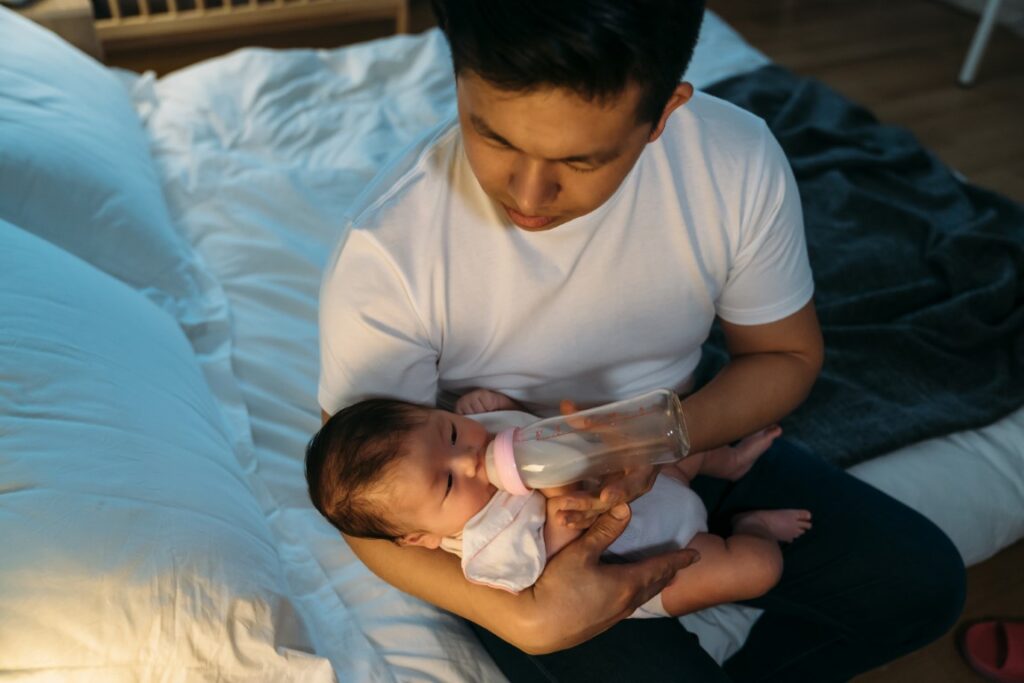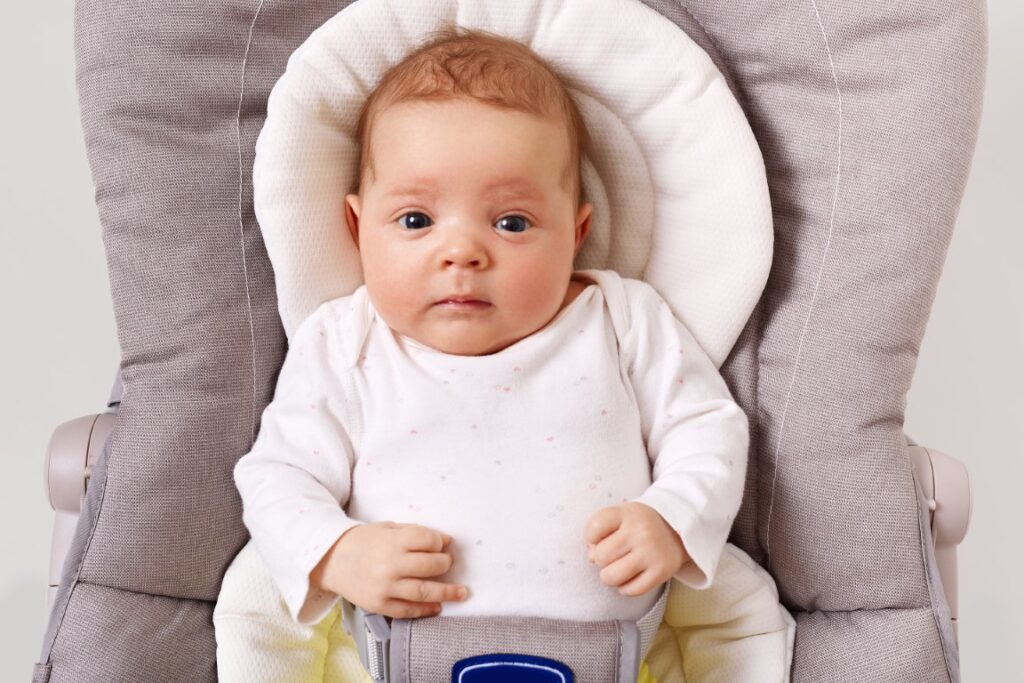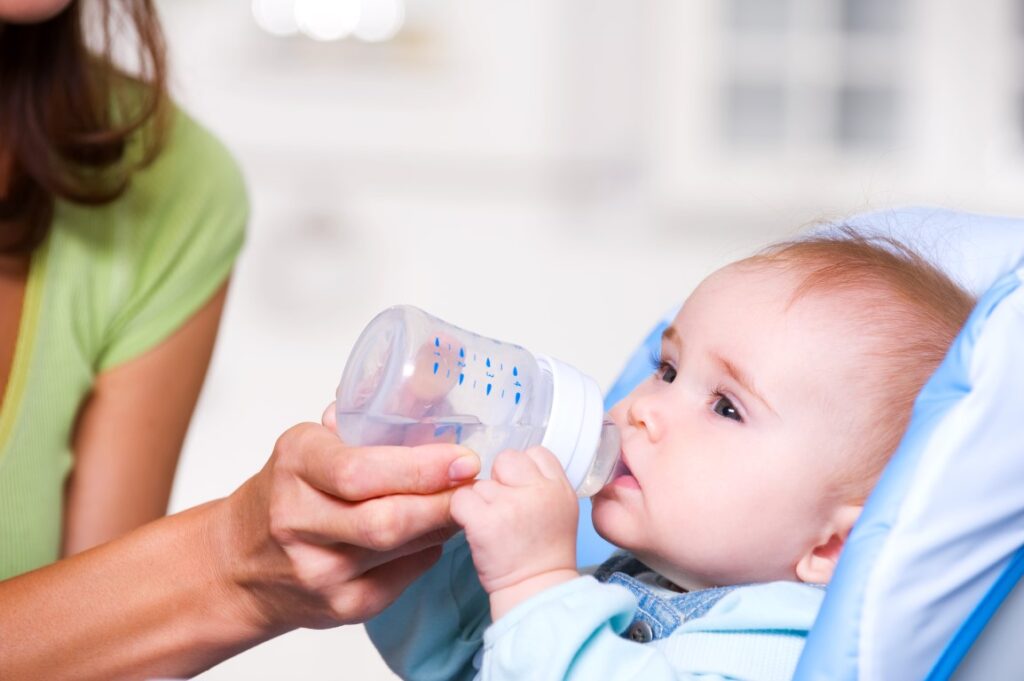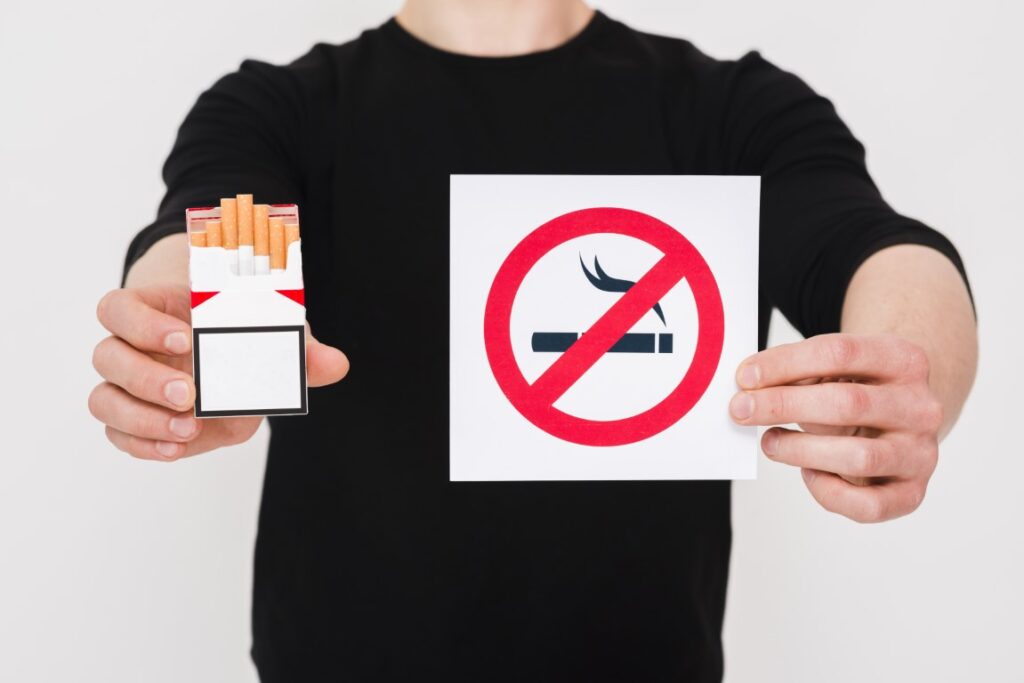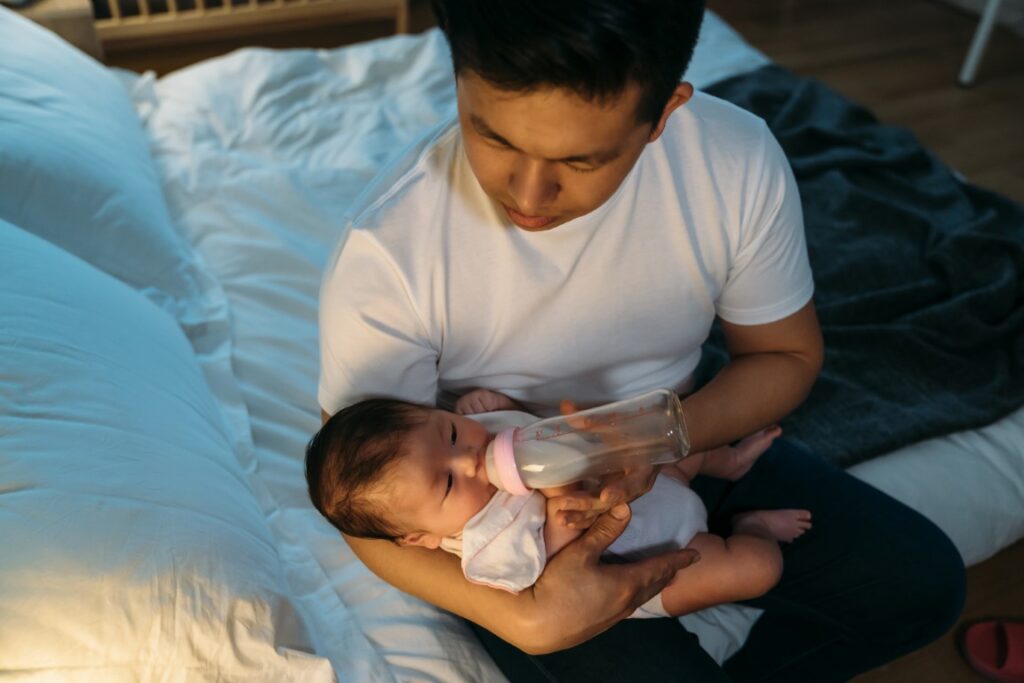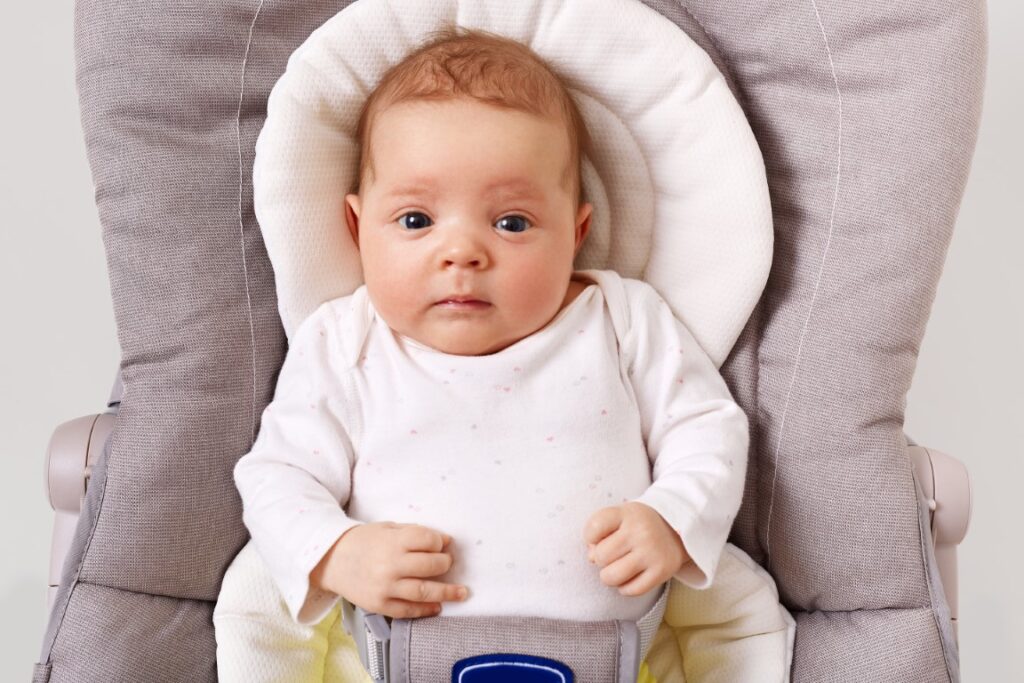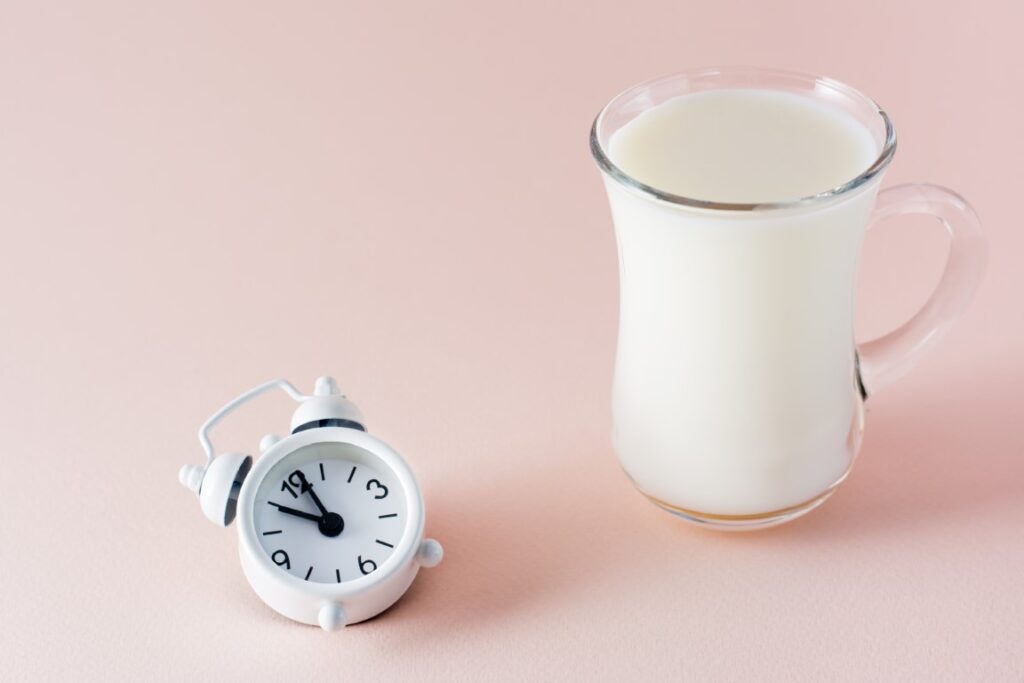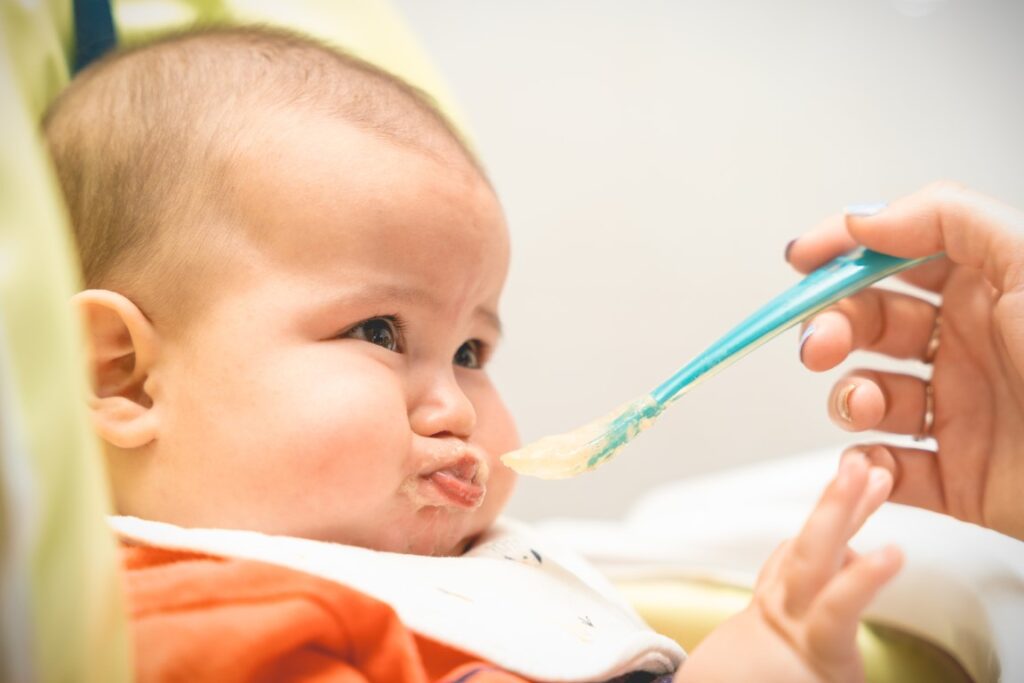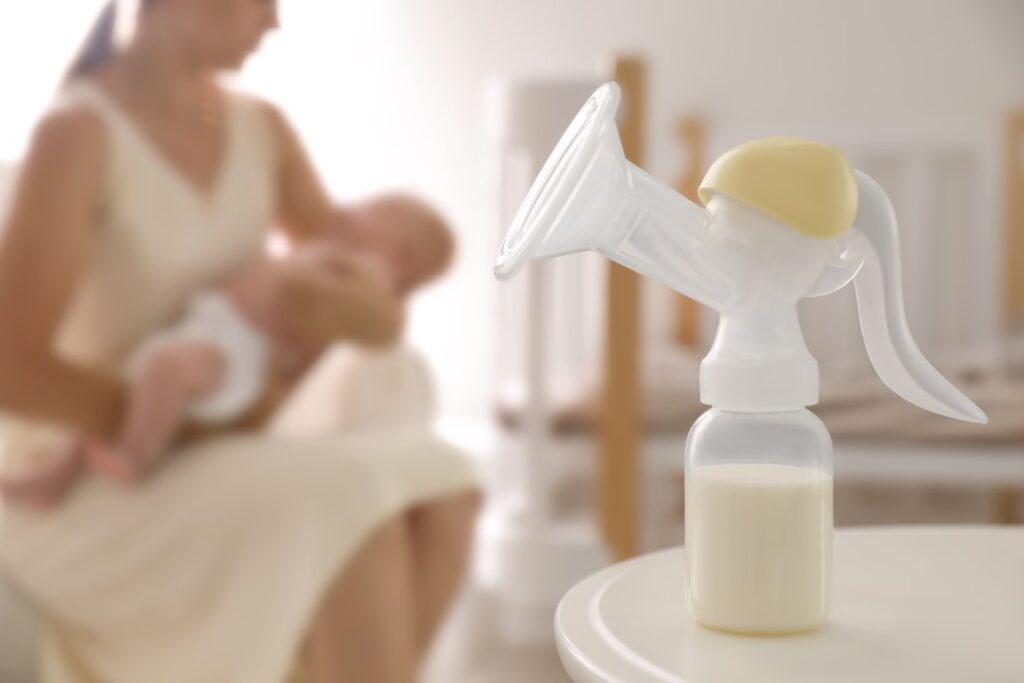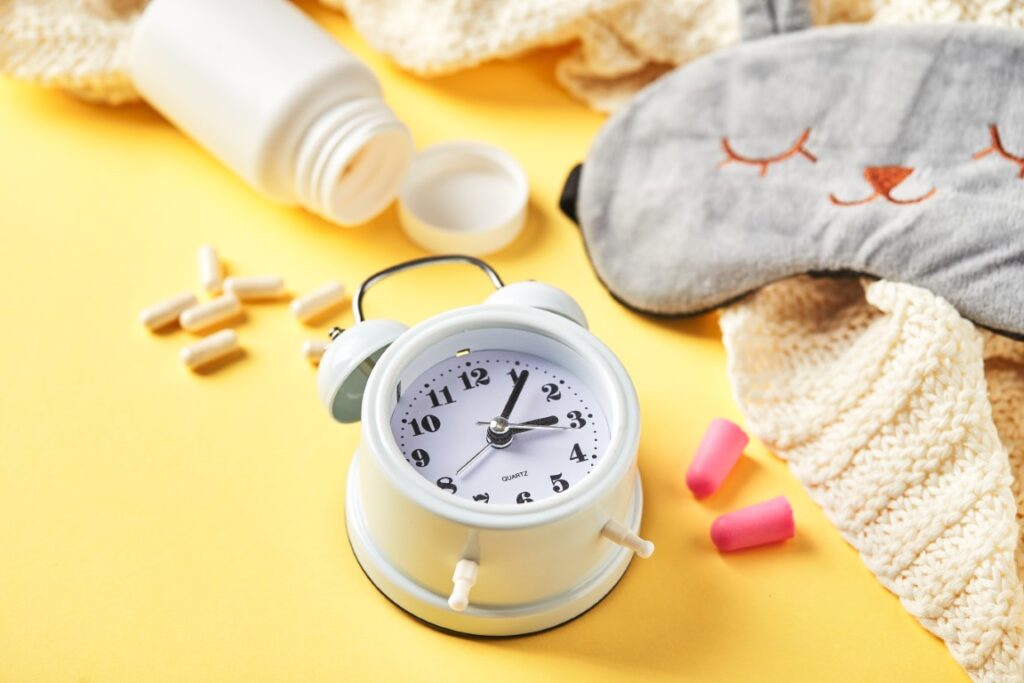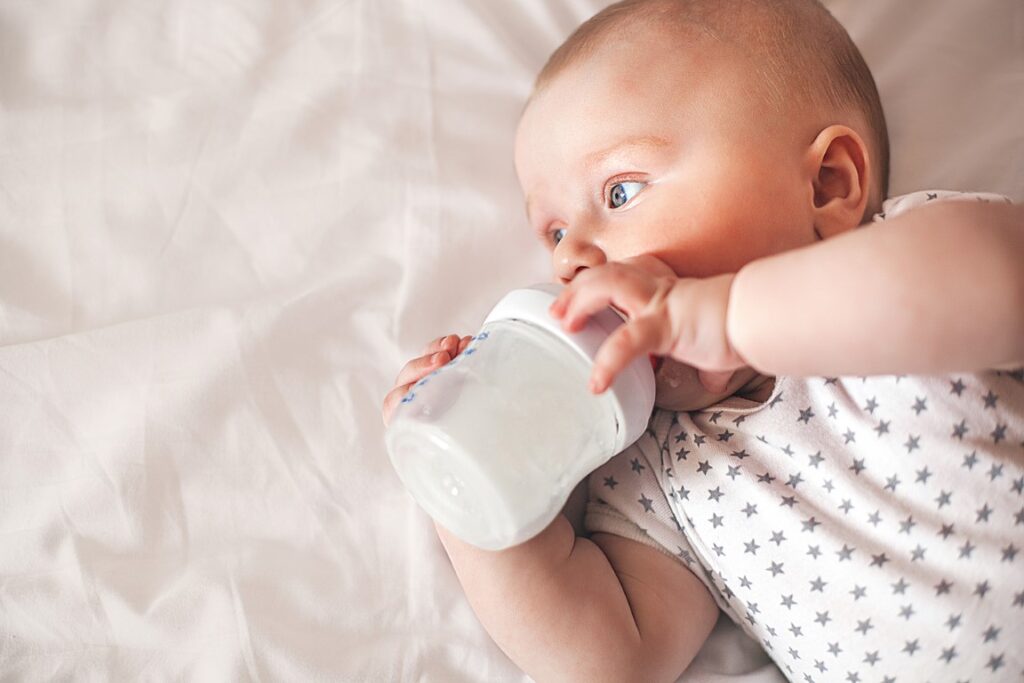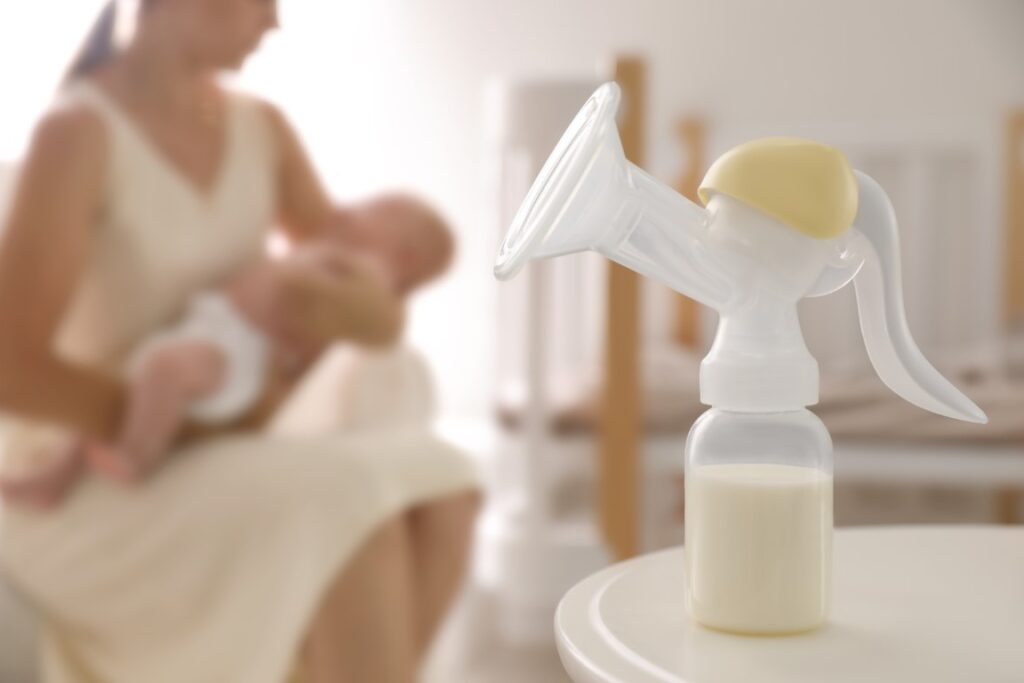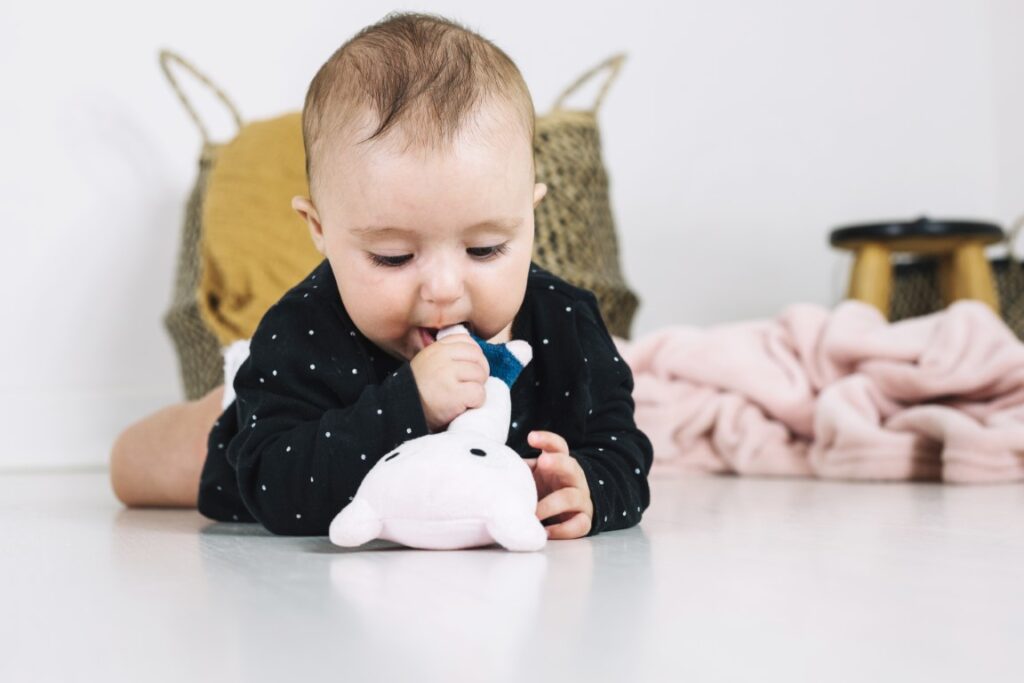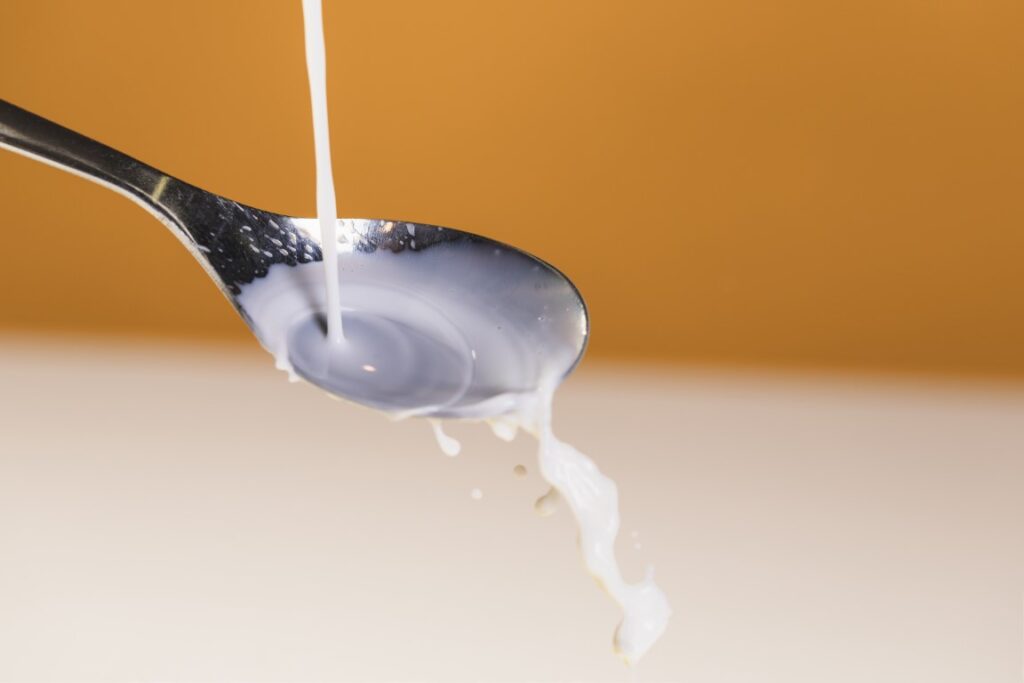Does every medication enter breast milk?
Nearly all medications that are in the blood will, to some extent, pass into breast milk. Most medicines are administered to newborns at modest doses and offer no significant danger. However, there are several exceptions. High quantities of several medications have been detected in breast milk. So, each medicine needs to be taken into account independently.
Depending on their age and condition, an infant’s response to medicine in breast milk may vary. Premature babies, infants who are medically fragile or have issues with kidney function, and newborns are most at risk from exposure to medicine in breast milk.
Nevertheless, only very small amounts of the medications you took in the two days after delivery reach your baby. This is due to the fact that during this period, you only produce a little breast milk.
Babies 6 months and older who are healthy have the lowest risk. Babies’ bodies at this age are capable of easily metabolizing medications.
Do I need to stop nursing while taking medication?
The majority of medications are safe to use during nursing. However, the advantages of continuing treatment for a chronic ailment may outweigh any dangers.
Nevertheless, some medicines should not be used during breastfeeding. Your doctor could occasionally advise you to quit nursing temporarily or permanently. The advice may change depending on how long you must take the medication.
You can pump in addition to nursing and storing expressed milk if you know in advance. Once you start taking the medication, use the breast milk that has been saved.
Which medicines are okay to use while nursing?
Take a look at this list of medicines that have been shown to be safe during nursing and discuss it with your doctor. Remember that this isn’t a comprehensive list of safe medicines.
Pain reducing medicines
a. Acetaminophen
b. Ibuprofen
c. Aspirin sodium – only for short-term usage
d. Antimicrobial drugs
e. Fluconazole
f. Miconazole — use a little quantity
g. Clotrimazole — use a little quantity
h. Amoxicillin and ampicillin
i. Cephalexin and other cephalosporins
j. Antihistamines
k. Loratadine
l. Fexofenadine (Allegra Allergy)
m. Decongestants
Exercise caution while using medications containing pseudoephedrine because it might reduce milk production.
Birth control pills
a. Progestin-only birth control pills
b. Combination contraceptives with estrogen and progestin – talk to your doctor about this choice
Gastrointestinal medicines
a. Famotidine
b. Antidepressants
c. Paroxetine
d. Sertraline
e. Fluvoxamine
Medicines for constipation
a. Docusate, also known as Colace and Phillips’ Stool Softener
Do I need permission from my doctor in advance?
Consult your doctor before taking any medications if you want to breastfeed. Avoid using prescription drugs, herbal remedies, high-dose vitamins, and strange supplements if you don’t need them.
Inquire further about the time. As an illustration, taking medicine just after nursing may help reduce your baby’s exposure. However, various medications have different peaks in breast milk.
What if my baby reacts negatively?
When taking medicine, keep an eye out for any changes in your baby’s feeding or sleeping patterns, fussiness, or rash. Make an appointment with your baby’s doctor if you observe any changes in their behavior.




